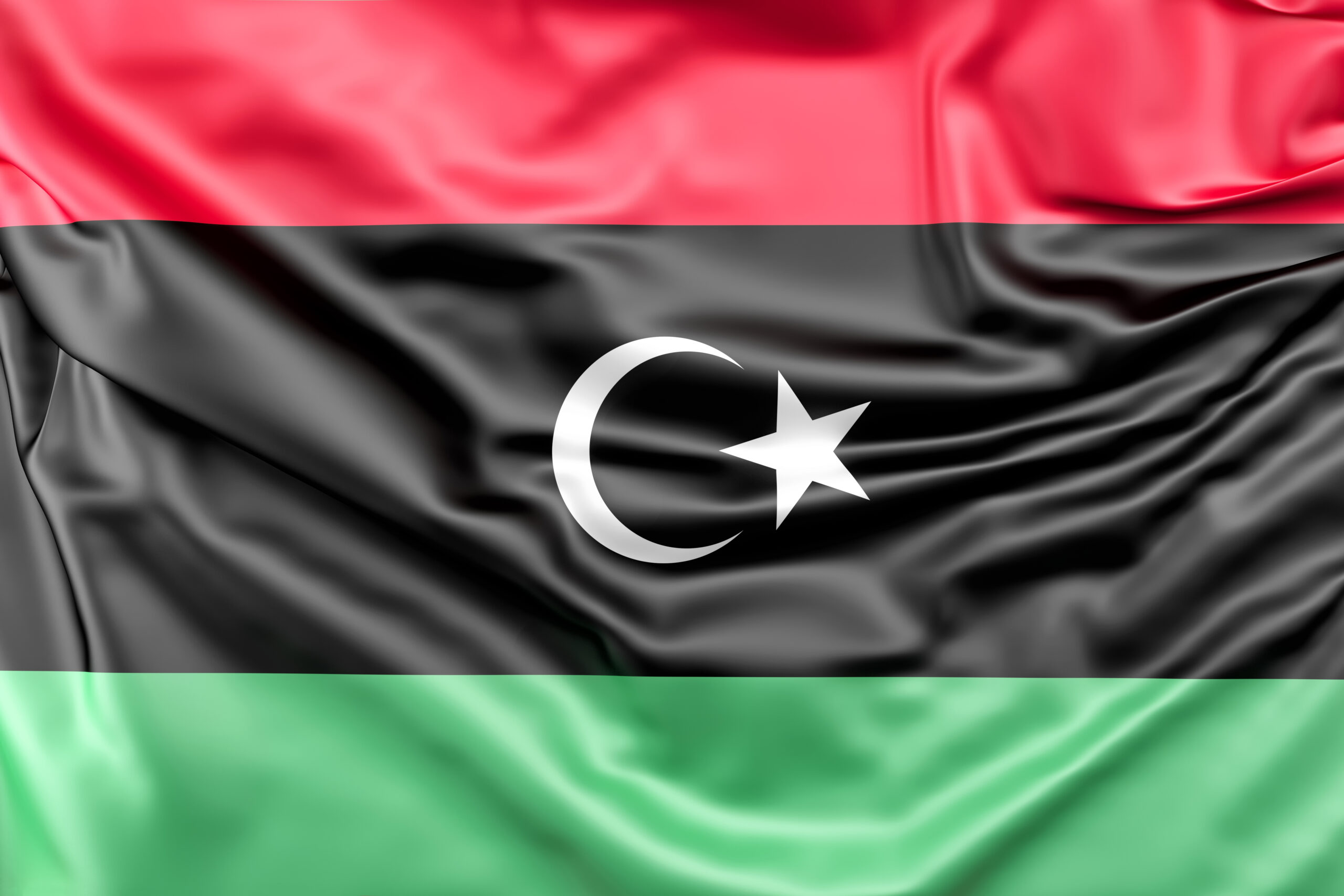The International Commission of Jurists (ICJ) condemns the recent escalation of hostilities between armed groups and the use of unnecessary or excessive force against peaceful protestors in the Libyan capital, Tripoli. The ICJ calls for an independent and impartial investigation into these events, including with a view to holding those responsible for any gross human rights violations and abuses amounting to crimes under international law to account, and for the protection of civilians.
.هذا البيان الصحفي متوفر باللغة العربية أيضاً
On 12 May 2025, militias affiliated with the Government of National Unity (GNU) – the internationally recognized Tripoli-based government – launched a military operation against the Stabilization Support Authority (SSA), a militia under the control of the Presidential Council. The operation resulted in the death of Abdelghani Al-Kikli (also known as “Ghaniwa”), the SSA commander, and led to armed clashes between GNU-affiliated militias and the SSA. Abdulhamid Dbeibeh, the GNU Prime Minister, praised the operation, describing it as a significant achievement in securing and asserting State authority over the capital.
“Asserting State authority can only be done through the establishment of the rule of law, the full subordination of armed groups to legally constituted civilian authorities, and the accountability of all those responsible for serious violations of international law,” said Saïd Benarbia, ICJ Middle East and North Africa Programme Director. “The recent cycle of violence highlights once again how impunity is fostering political instability in Libya.”
On 12 and 13 May 2025, the GNU took a series of decisions, including: (1) accepting the International Criminal Court’s (ICC) jurisdiction with respect to alleged crimes committed in Libya from 2011 to the end of 2027 pursuant to the Court’s Statute; (2) dissolving the Directorate for Combatting Illegal Migration and the Judicial Security Apparatus (JSA); (3) appointing a new head to the Tripoli-based Internal Security Agency (ISA); and (4) establishing a new governmental committee tasked with inspecting detention centres to ensure humane treatment of detainees, and with guaranteeing that the centres comply with judicial decisions directing the release of detainees.
While the ICJ welcomes Libya’s acceptance of the ICC’s jurisdiction, the Libyan authorities must actively cooperate with the Court and facilitate its work, including by arresting and handing over all the suspects wanted by the ICC, such as Osama Elmasry Njeem, the head of the recently dissolved JSA who was said to be in charge of prison facilities in Tripoli and against whom the ICC issued an arrest warrant for alleged crimes against humanity and war crimes.
On 14 May 2025, peaceful protesters gathered in several locations in Tripoli, including in front of the GNU Prime Minister’s office, calling on him to step down, for the formation of a unified government, and for an end to the fighting in Tripoli. Militias affiliated with the GNU Prime Minister and the General Security, under GNU Minister of Interior Emad Trabelsi, responded by indiscriminately firing at the demonstrators in Martyrs’ Square, purportedly in an attempt to disperse the crowd, injuring at least one. Nonetheless, protests resumed the next day.
The ICJ reminds the Libyan authorities that they remain bound by international human rights law even in times of armed conflict, and calls on them to ensure the right to freedom of expression and to peaceful assembly, including by refraining from using unnecessary or excessive force against peaceful protestors.
Contact
Saïd Benarbia, Director, ICJ Middle East and North Africa Programme; t: +41 22 979 3800, e: said.benarbia@icj.org
Nour Al Hajj, Communications & Advocacy Officer, ICJ Middle East and North Africa Programme; e: nour.alhajj@icj.org





